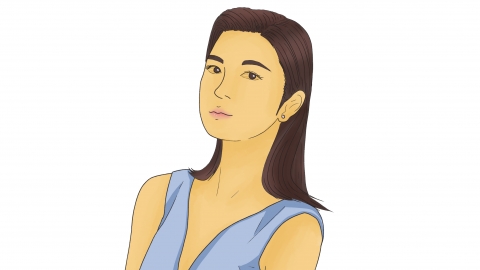What are the symptoms of hepatitis B?
Hepatitis B usually refers to Hepatitis B viral infection. Generally, Hepatitis B is a liver inflammatory disease caused by the Hepatitis B virus. Its main symptoms include dull pain in the liver area, jaundice of the skin and sclera, gastrointestinal discomfort, persistent fatigue, and darkened urine. Detailed analysis is as follows:

1. Dull pain in the liver area: Patients often experience mild, intermittent pain in the upper right abdomen or hypochondriac region, which may worsen with fatigue, consumption of greasy foods, or emotional fluctuations. This symptom is related to inflammation of the liver irritating the liver capsule. If the condition is not controlled, the dull pain may gradually become persistent discomfort, affecting daily activities.
2. Jaundice of the skin and sclera: Some patients may develop yellowing of the skin and whites of the eyes, with the color ranging from light yellow to progressively deeper shades of yellow. This occurs due to impaired liver function leading to abnormal metabolism of bilirubin, resulting in accumulation of excess bilirubin in the body and subsequent jaundice.
3. Gastrointestinal discomfort: Patients commonly experience symptoms such as nausea, vomiting, reduced appetite, aversion to greasy foods, abdominal distension, particularly noticeable after meals. Some individuals may also experience mild diarrhea.
4. Persistent fatigue: Patients may feel significant fatigue, ranging from mild tiredness to severe exhaustion, which is difficult to relieve even after adequate rest. In severe cases, patients may be unable to walk normally or complete simple household tasks.
5. Darkened urine: The urine becomes noticeably darker in color, appearing tea-colored, dark yellow, or beer-colored, and the change is not significantly related to water intake. This is due to excess bilirubin being excreted through the urine, altering its color. In some patients, this symptom may appear before the onset of skin and scleral jaundice.
Patients are advised to avoid staying up late and excessive fatigue in daily life. Diet should be light and easily digestible, with reduced intake of spicy and greasy foods. Uninfected individuals can reduce the risk of infection and protect liver health by receiving the Hepatitis B vaccine.










